The recent Utah Supreme Court decision in State v. Houston, which upheld a sentence of life in prison without parole for a juvenile who murdered a young woman, did not seem to get a lot of attention despite the implications that it has for our society. Because I was not done thinking about it, I decided to interview Professor David Dominguez, who recently retired from the BYU Law School where he taught criminal law and community lawyering.
Professor Dominguez’s community lawyering class at BYU was incredibly popular, and I had the privilege of taking it. The goal of the class was to work closely with children in pre-trial detention, detention staff, and parents to empower the children to represent their own interests in the justice system and in life. For many BYU law students it was a life-changing experience. Professor Dominguez retired from BYU to pursue this work full time as the executive director of Stride On, an organization that teaches law and life skills in the juvenile jailhouse.
Because of his extensive work with juveniles, I asked him what he thought about the decision in State v. Houston.
“To me, they completely flubbed it,” he said. “They told Houston, essentially, ‘You will die in slow motion. We’re executing you because we’re giving you no chance whatsoever to live a normal life again.’”
Dominguez explained that sentencing a child to life in prison without parole is much worse then sentencing an adult to life in prison without parole. “It’s the worst possible sentence because nobody but a minor can serve the whole adult life-in-prison sentence and then serve more time,” he said. “To punish a kid even more harshly than we would an adult for the same crime, to me that is cruel and unusual punishment.”
The majority of the Utah Supreme Court, however, reasoned that the sentence did not violate the Eighth Amendment. To their credit, however, they did express their hope that life in prison without parole for juvenile offenders would be rare. ¶ 67. Their unease is warranted considering that the law they were upholding did not just affect Houston, but our society as a whole.
“Even though we know it’s obvious that the defendant is on trial, what’s not so obvious is that the law is on trial. And because the law represents the people, it means we are on trial, too,” Dominguez said. “Is this law fair? I think most people will look at this and say, ‘This is simply not fair.’”
For his part, Dominguez hopes that his efforts with Stride On can help to prevent the circumstances that led to the decision in State v. Houston. By getting to juvenile offenders early and incorporating many different key players from the community, he hopes to provide them with better life skills and ultimately a better path. “The word is starting to spread in the community that technology and these key players are going to be able to help in ways that they never helped before,” he said. “The parents and the kids are equipped and empowered to offer an alternative [to detention].”
It is too late for Houston and many other juveniles. However, Dominguez is always looking for lawyer and non-lawyer volunteers who are willing to pitch in and make our society more just. Go to www.strideon.com for more information.



